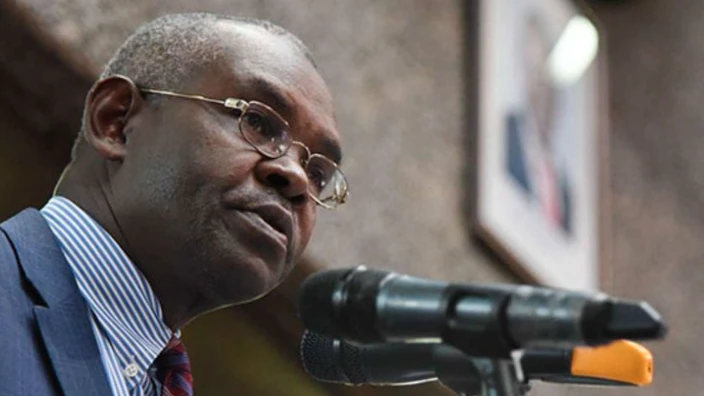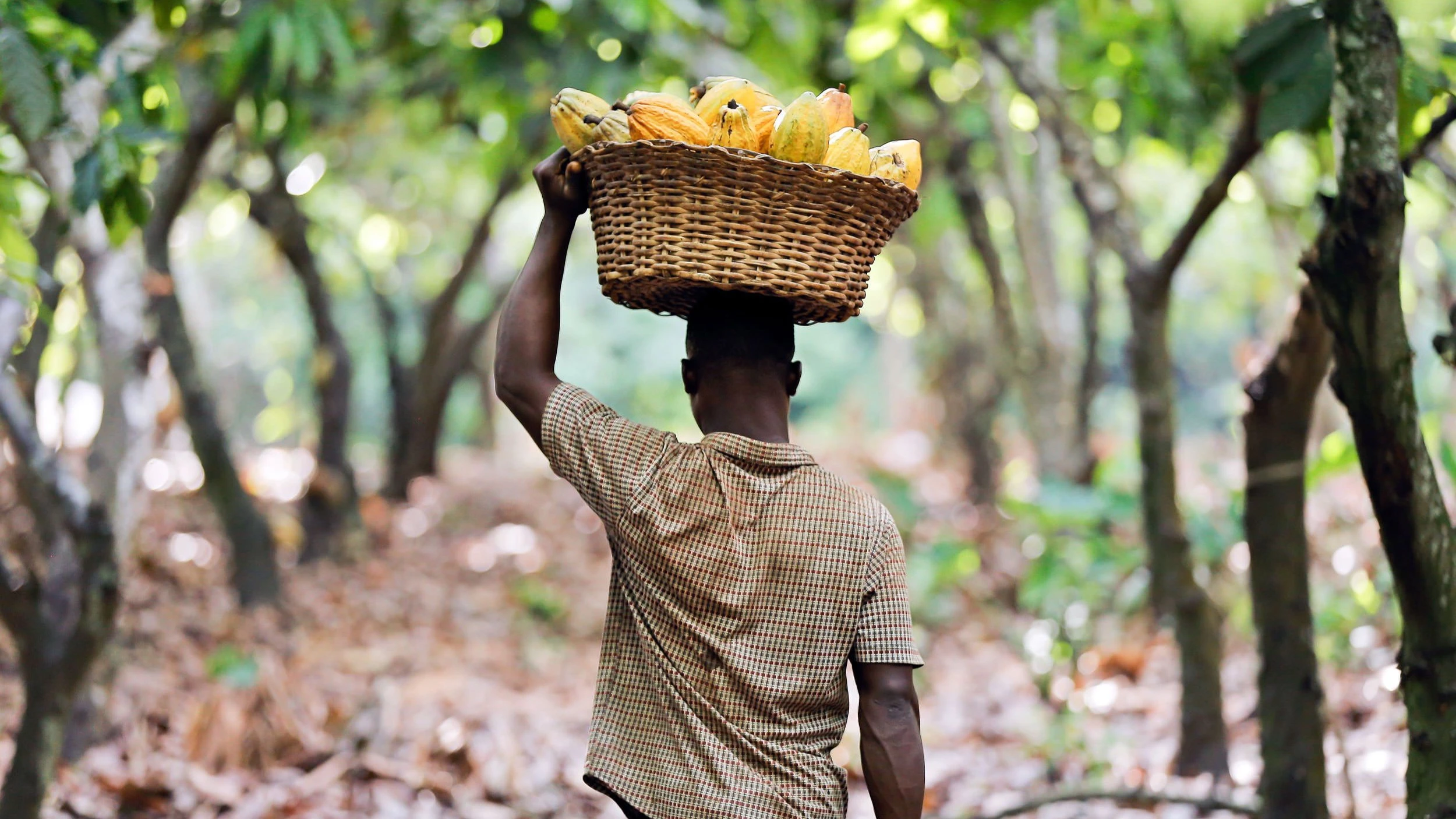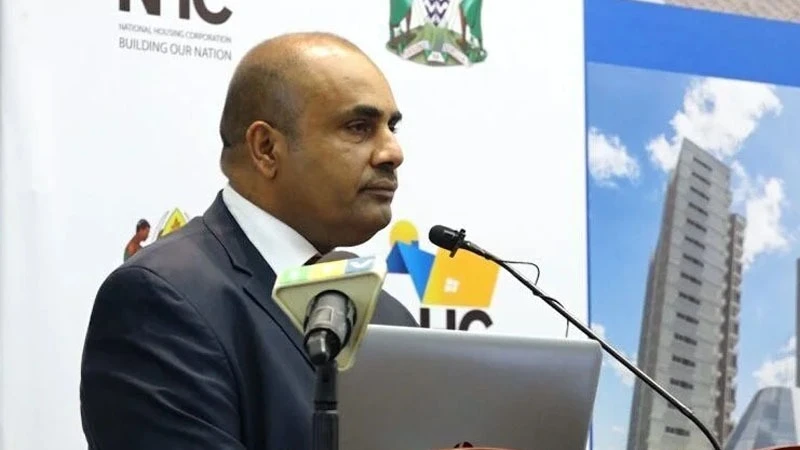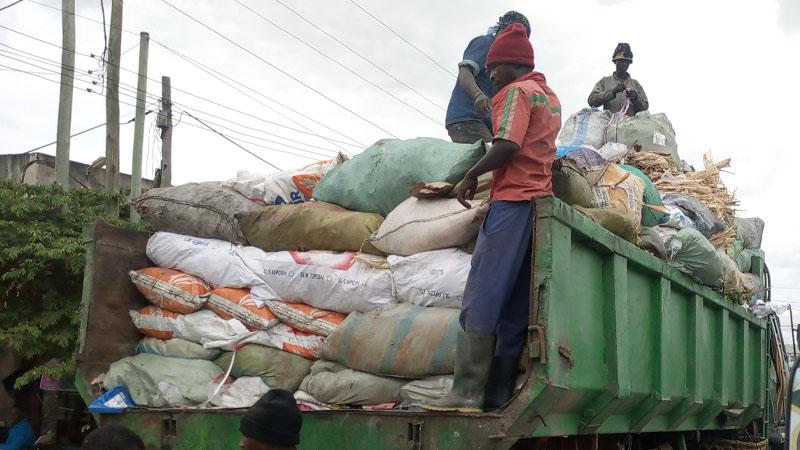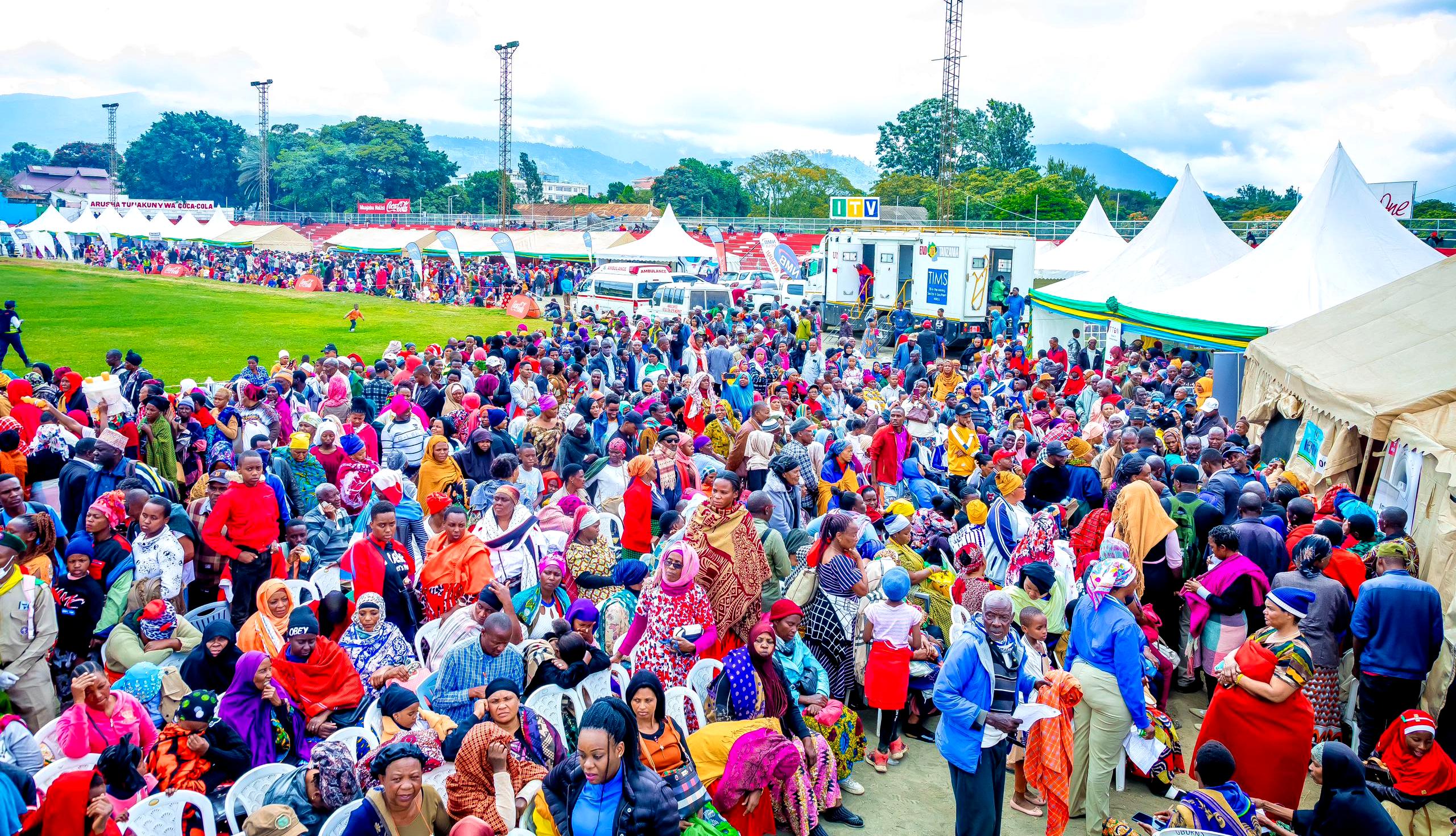Youth key to transforming agricultural sector

TANZANIA has great potential to food self-sufficient by producing food locally without importing from abroad if the young population is properly involved in the agricultural sector as what is needed is their manpower and knowledge.
Speaking at the launch of the 2024 AYuTe Africa Tanzania Challenge competition in Dar es Salaam yesterday, the Resident Director of Heifer Project International, Mark Tsoxo, said that there are more young people in Tanzania and that today's agriculture needs manpower and innovative technology and the available resources can greatly transform the agricultural sector.
"It's not that young people don't like to participate in agriculture, young people like results more than the means to achieve results, so we need creativity to be able to attract young people to agriculture," he said.
The AYuTe Tanzania Challenge was officially launched last year by Heifer International in collaboration with Sahara Ventures to help innovative young people in agriculture get opportunities for capital, training, and meeting with investors.
He emphasized that modern agriculture requires the use of technology and with the AYuTe campaign, which is an acronym for Agriculture, Youth, Technology, they want young people to help make the agricultural sector vibrant and competitive to also create jobs.
Tsoxo has also said that the foundation is at the forefront of environmental protection in its activities and stressed that the purpose of the fund is to eliminate hunger, reduce poverty, and protect the environment.
Speaking at the event, the Chief Executive Officer of Sahara Ventures, Jumanne Mtambalike, said that working with the foundation they have been able to help Tanzanian youth, especially those engaging in agricultural activities by using innovative technology to bring their solutions to the market and thus create jobs.
Mtambalike said that more than 65 percent of the jobs that come from Africa are in the agricultural sector and that the agricultural sector has contributed 32 percent of GDP in Africa.
"Therefore, in collaboration with the foundation, we believe that the work we are doing is very important work in empowering young people and creating those opportunities," said Mtambalike.
On his part, the Project Manager of AYuTe Challenge Tanzania, Emmanuel Senzighe, has said that the winner of this year's competition will receive 28m/-, the first runner-up 21m/-, and the second runner-up 14m/-.
The AYuTe Chalenge Tanzania competition was officially launched last year by the Minister of Livestock and Fisheries, Abdallah Ulega, who emphasized that technology can be a springboard to attract many young people to participate in agricultural activities such as breeding and fishing.
Minister Ulega called to continue to increase and improve the use of technology in agriculture as it is the beginning of making many young people excited about the sector.
The program is designed to improve the agricultural landscape by focusing on small farmers and also aims to promote innovative ideas to support and encourage youth participation in agriculture, recognizing that it is the largest employment sector in the country.
Tanzania is proud to have a large youth population, which is more than 60 percent of the total population, while more than 40 percent of cultivated land is unused.
In this context, Heifer Tanzania's efforts are strategically aligned to harness the potential of the country's large population to promote self-sufficiency and increase productivity. This approach is also in line with the government's goal of reducing and ultimately eliminating youth unemployment.
Top Headlines
© 2024 IPPMEDIA.COM. ALL RIGHTS RESERVED





